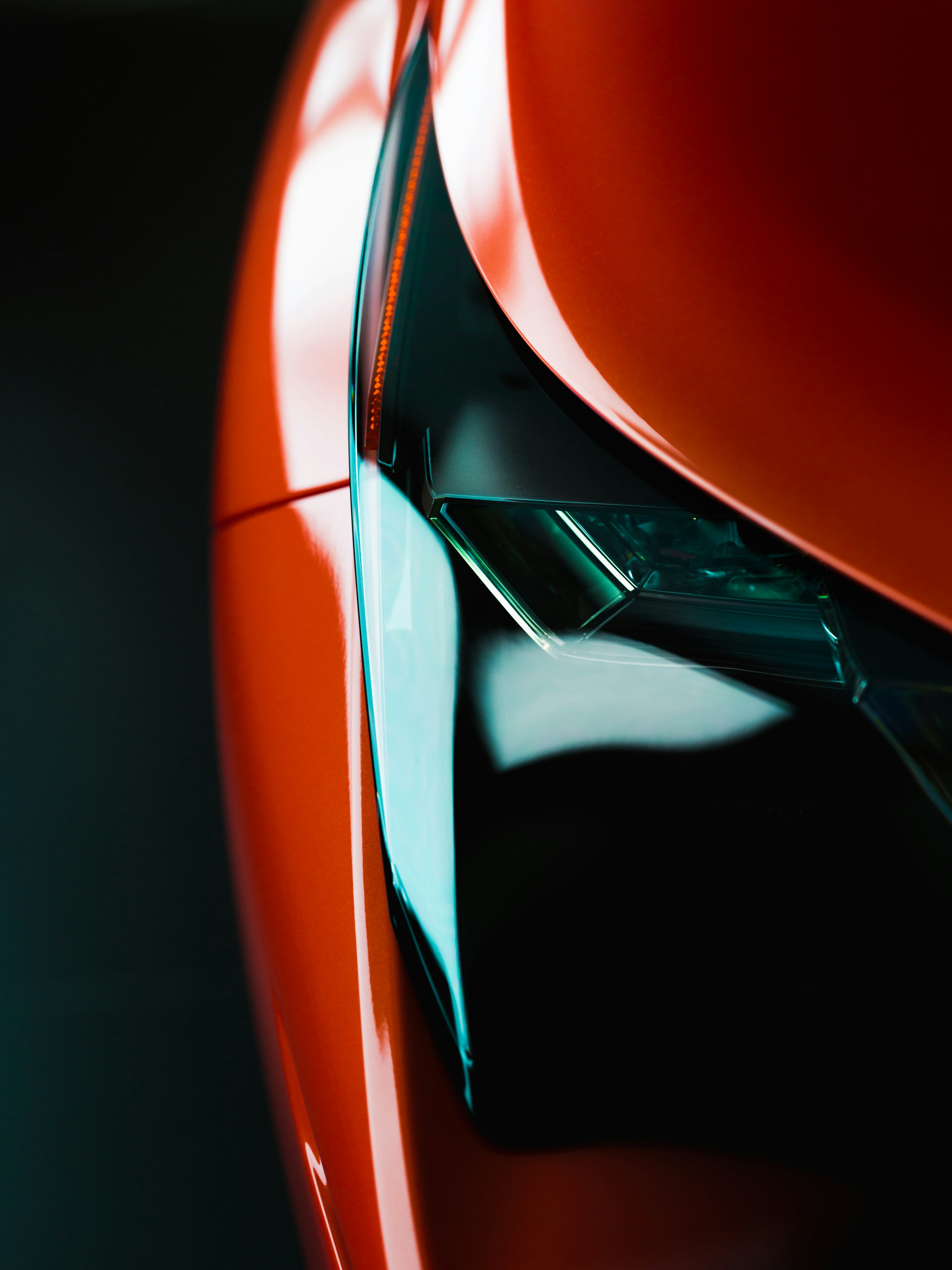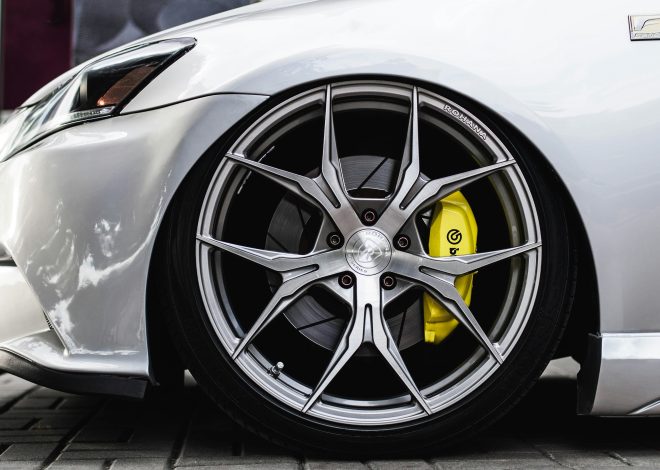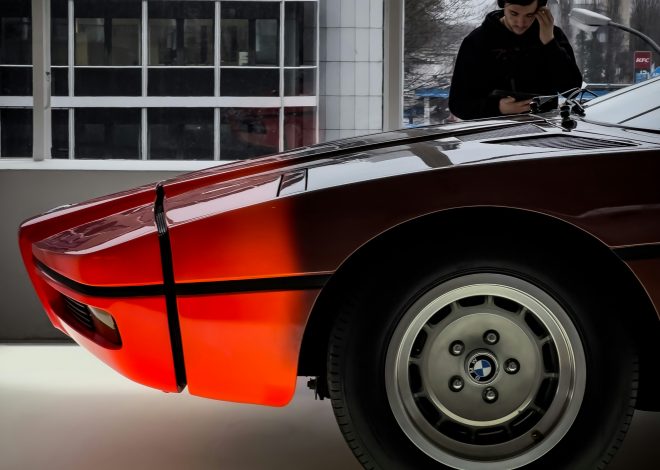
Who are the top electric car battery manufacturers in the industry?
Who are the top electric car battery manufacturers in the industry?
Introduction to the growing demand for electric cars
The electric car revolution is upon us, and it’s charging ahead at an unprecedented pace. With concerns over climate change and rising fuel prices, more drivers are opting for eco-friendly vehicles that promise sustainability without sacrificing performance. But what powers these innovative machines? The answer lies in their batteries. High-quality batteries are the heartbeat of electric cars, determining everything from driving range to battery life.
As demand surges, so does competition among manufacturers vying for a foothold in this booming market. Understanding who leads the charge can provide insight into how electrification will shape our future on the road. Let’s dive into the top electric car battery manufacturers making waves in the industry today!
Importance of high-quality batteries in electric cars
High-quality batteries are the heartbeat of electric vehicles. They determine not only how far a car can travel but also its overall performance. A powerful and efficient battery means longer ranges, faster charging times, and improved acceleration.
Safety is another crucial aspect linked to battery quality. Inferior batteries can lead to overheating or even fires, putting lives at risk. Top manufacturers prioritize safety features in their designs to ensure peace of mind for drivers.
Reliability plays a vital role too. Consumers want assurance that their vehicle will perform consistently over time without significant degradation in capacity. High-quality batteries excel in this area, maintaining efficiency through numerous charge cycles.
Advancements in technology hinge on superior battery production. Innovations like solid-state batteries promise greater energy density and quicker charging capabilities, paving the way for the next generation of electric cars.
Top 5 electric car battery manufacturers in the industry
The electric car battery landscape is dominated by a few key players, each pushing the boundaries of technology. Tesla stands out with its innovative battery designs and Gigafactories aimed at mass production.
Panasonic has long been a trusted partner for Tesla. Their collaboration has resulted in high-performance batteries that are essential for powering electric vehicles efficiently.
LG Chem is another major contender, supplying batteries to several automakers worldwide. Their focus on energy density and longevity makes them a preferred choice for many brands.
Samsung SDI also plays a significant role, providing cutting-edge solutions that enhance vehicle performance while maintaining safety standards.
BYD Company Ltd not only manufactures batteries but also integrates them into their own lineup of electric cars. This vertical integration helps drive down costs and improve efficiency across the board. Each company contributes uniquely to advancing electric mobility.
Tesla
Tesla has emerged as a powerhouse in the electric car industry. Known for its innovative approach, the company also excels in battery technology. Their Gigafactory is a significant step toward production efficiency.
The collaboration with Panasonic bolsters Tesla’s position, producing high-quality lithium-ion batteries. These powertrains are crucial for their vehicles‘ impressive range and performance.
Tesla’s commitment to sustainability drives them to constantly improve battery life and reduce costs. This dedication enhances both consumer satisfaction and environmental impact.
Additionally, Tesla is spearheading research into new battery technologies, including solid-state batteries that could revolutionize energy storage. The focus on recycling used batteries showcases their responsible manufacturing ethos.
As demand for electric vehicles surges, Tesla remains at the forefront of innovation within the sector, shaping future trends while pushing boundaries in vehicle technology.
Panasonic
Panasonic has long been a key player in the electric car battery industry. Known for its innovative technology and commitment electric car battery manufacturers to quality, it partners with major automakers like Tesla. Their collaboration on the Gigafactory in Nevada is a prime example of how they are shaping the future.
The company focuses on developing high-density lithium-ion batteries that offer impressive performance and longevity. This not only enhances vehicle range but also reduces charging time, making electric cars more appealing to consumers.
Panasonic invests heavily in research and development to stay ahead of competitors. They are continuously exploring ways to improve battery efficiency while lowering production costs.
Sustainability is also at the forefront of their mission; Panasonic aims to create eco-friendly solutions throughout its manufacturing processes. As demand for electric vehicles escalates globally, Panasonic is poised to play an essential role in meeting that need through innovation and sustainable practices.
LG Chem

LG Chem is a significant player in the electric car battery manufacturing landscape. Known for its advanced lithium-ion batteries, the company has established strong partnerships with major automotive brands.
Their commitment to innovation drives continuous improvement in energy density and charging speeds. This focus enhances vehicle performance and addresses consumer demands for longer ranges.
The company invests heavily in research and development, exploring new technologies such as solid-state batteries. These innovations promise greater safety and efficiency while addressing some of the current limitations of traditional battery designs.
With production facilities located globally, LG Chem ensures scalability to meet rising demand. Their strategic approach positions them well within the rapidly evolving market of electric vehicles.
Samsung SDI
Samsung SDI stands out as a key player in the electric car battery manufacturers landscape. Known for its innovative technology, it has consistently pushed boundaries to improve battery efficiency and longevity.
The company invests heavily in research and development. Their focus is not only on enhancing performance but also on reducing costs. This commitment ensures that electric vehicles remain accessible to a broader audience.
Their batteries are designed with safety in mind, incorporating advanced features to prevent overheating and other risks. This attention to detail builds trust among automakers who rely on high-quality components.
Additionally, Samsung SDI is expanding its production capabilities globally. With plans for new factories, they aim to meet the increasing demand from various automotive brands entering the EV market.
As they continue their efforts toward sustainability, Samsung SDI plays an essential role in shaping the future of electric mobility through innovation and reliability.
BYD Company Ltd

BYD Company Ltd stands out as a formidable player in the electric car battery manufacturing sector. Founded in 1995, this Chinese company has rapidly evolved into one of the world’s largest producers of rechargeable batteries.
What sets BYD apart is its vertical integration. They produce not only batteries but also complete electric vehicles, allowing for optimized performance and cost-effectiveness. Their innovative Blade Battery technology enhances safety and energy density, addressing common concerns associated with lithium-ion alternatives.
The company has made significant investments in renewable energy solutions, including solar power. This commitment to sustainability aligns perfectly with the ethos of green transportation.
With strategic partnerships globally, BYD continues to expand its footprint beyond China. The company’s focus on research and development keeps it at the forefront of battery technology advancements while contributing significantly to the growth of electric mobility worldwide.
How these companies are contributing to the growth of electric cars
The leading electric car battery manufacturers are at the forefront of revolutionizing transportation. Their innovations enhance energy density and longevity, making electric vehicles more appealing to consumers.
Tesla’s in-house production of batteries has not only lowered costs but also improved efficiency. This approach allows for faster development cycles, pushing the boundaries of what electric cars can achieve.
Panasonic collaborates closely with Tesla to produce high-performance cells that power many popular models. Their research into solid-state technology promises even greater advancements on the horizon.
LG Chem is diversifying its offerings by developing batteries tailored for various vehicle types, from compact cars to heavy-duty trucks. This adaptability supports widespread adoption across different markets.
Samsung SDI focuses on sustainability alongside performance, seeking materials that minimize environmental impact while maximizing output.
BYD Company Ltd leverages its extensive experience in battery production to create cost-effective solutions that make electric vehicles accessible for a broader audience.
Challenges faced by battery manufacturers and advancements in technology
Battery manufacturers face several challenges in meeting the soaring demand for electric vehicle batteries. One major hurdle is sourcing raw materials such as lithium, cobalt, and nickel. These minerals are often mined under difficult conditions, raising ethical concerns and leading to supply chain uncertainties.
Manufacturers also grapple with mercedes battery replacement production costs. As they strive to scale up operations, maintaining quality while reducing expenses becomes crucial. Innovations in battery chemistry aim to address this issue by developing more efficient energy storage solutions at lower prices.
Advancements in technology play a significant role here. Solid-state batteries promise increased energy density and safety compared to conventional lithium-ion cells. Furthermore, recycling technologies are evolving rapidly, allowing manufacturers to recover valuable materials from used batteries effectively.
These developments not only enhance performance but also promote sustainability within the industry. Balancing innovation with environmental responsibility remains key for future success.
Future outlook for the electric car battery industry
The future of the electric car battery industry is poised for significant transformation. Innovations in battery chemistry promise to enhance energy density and reduce charging times. This could lead to longer ranges for electric vehicles, making them more appealing to consumers.
Sustainability is also becoming a focal point. Manufacturers are exploring ways to recycle batteries efficiently. This not only minimizes waste but also reuses valuable materials.
Government policies worldwide are shifting towards greener alternatives. Incentives for electric vehicle adoption will likely drive demand further.
Additionally, collaborations between automakers and tech companies may yield breakthroughs in battery technology. These partnerships can accelerate advancements that were previously thought unattainable.
As consumer awareness grows, the push for cleaner transportation options intensifies, setting the stage for a vibrant future in the electric car battery sector.
Conclusion
The electric car battery landscape is rapidly evolving, driven by a surge in demand for sustainable transportation solutions. As the world shifts toward greener alternatives, high-quality batteries have become crucial to enhancing vehicle performance and range. The top electric car battery manufacturers play an essential role in this transition.
Companies like Tesla, Panasonic, LG Chem, Samsung SDI, and BYD Company Ltd are not just industry leaders; they are pioneers shaping the future of mobility. Their innovative technologies help improve energy density while reducing costs. These advancements lead to longer-lasting batteries that can support more extensive charging infrastructure.
However, challenges persist within the industry. Supply chain constraints and raw material sourcing continue to pose significant hurdles for manufacturers. Nevertheless, ongoing research into solid-state technology and recycling processes promises exciting developments on the horizon.
As we look ahead, it’s clear that electric car battery manufacturers will remain at the forefront of automotive innovation. They will drive further adoption of electric vehicles as they work towards efficient production methods and enhanced sustainability practices. The future appears bright for both consumers seeking eco-friendly options and manufacturers committed to leading this vital market forward.


